According to a recent study, antidepressant prescriptions for young adults and teens increased by nearly 64 percent after the coronavirus pandemic, with teen girls seeing the biggest increase while prescriptions actually dropped for boys. This trend has been attributed to various factors, including increased awareness around mental health and the growing influence of social media. However, critics argue that the rise in antidepressant prescriptions may also be linked to the growing trend of self-diagnosis among young people, who may be misattributing symptoms to mental health disorders.
RFK Jr. and his supporters have been at the forefront of the movement, questioning the safety and efficacy of antidepressants, particularly Selective Serotonin Reuptake Inhibitors (SSRIs). In a recent podcast, RFK Jr. and his guests argued that the pharmaceutical industry has a vested interest in promoting antidepressants, which can lead to overprescription and unnecessary harm to patients. However, some experts have countered that antidepressants can be lifesaving for people who need them, and that the benefits of these medications far outweigh the risks.
The debate surrounding antidepressants is not unique to the United States. In the UK, the National Health Service (NHS) has faced criticism for its handling of antidepressant prescriptions, with some arguing that the service is too quick to prescribe these medications and not doing enough to address the root causes of mental health issues. In Canada, the government has launched an investigation into the marketing practices of pharmaceutical companies that manufacture antidepressants, amid concerns that these companies may be engaging in deceptive marketing tactics.
The controversy surrounding MAHA's war on antidepressants has also raised questions about the role of social media in shaping public perceptions of mental health. Some experts argue that social media platforms have created a culture of self-diagnosis, where young people are encouraged to seek out mental health treatment without proper evaluation or guidance. Others argue that social media has increased awareness around mental health and has helped to reduce stigma around mental illness.
As the debate surrounding antidepressants continues to unfold, it remains to be seen how MAHA's war on antidepressants will ultimately play out. Pharmaceutical companies are likely to continue defending their products, while critics will continue to push for greater transparency and accountability in the marketing and prescribing of antidepressants. In the meantime, patients and healthcare providers will need to navigate the complex landscape of mental health treatment, seeking out evidence-based care and avoiding the pitfalls of overprescription and self-diagnosis.
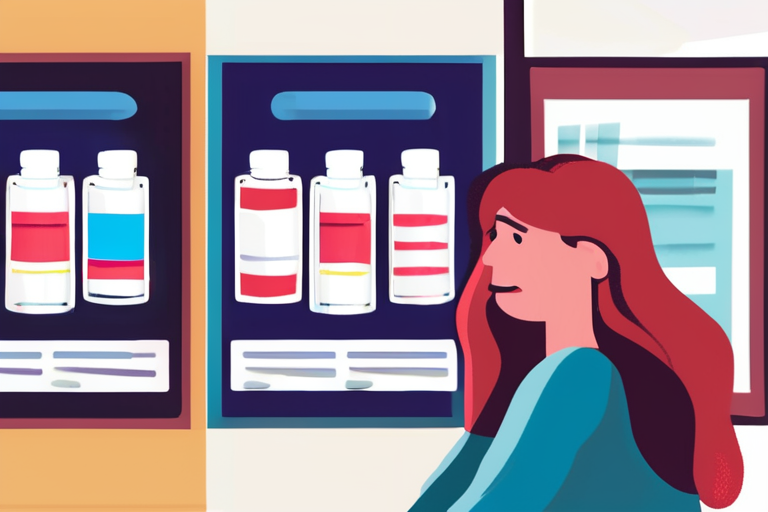


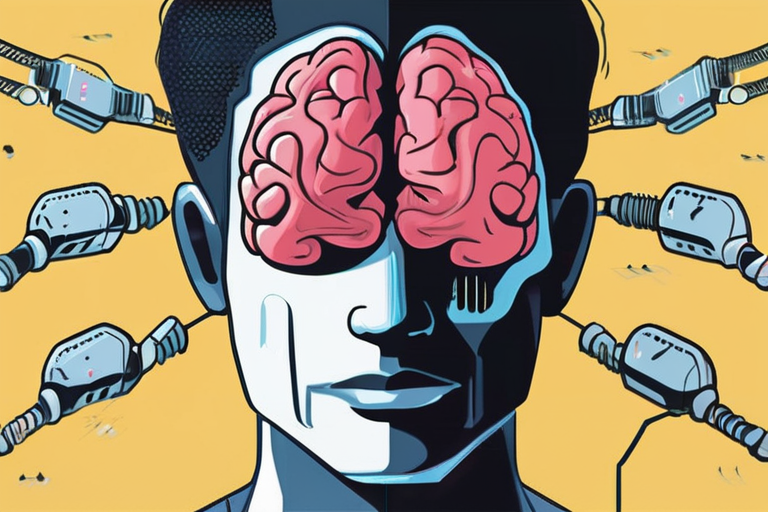
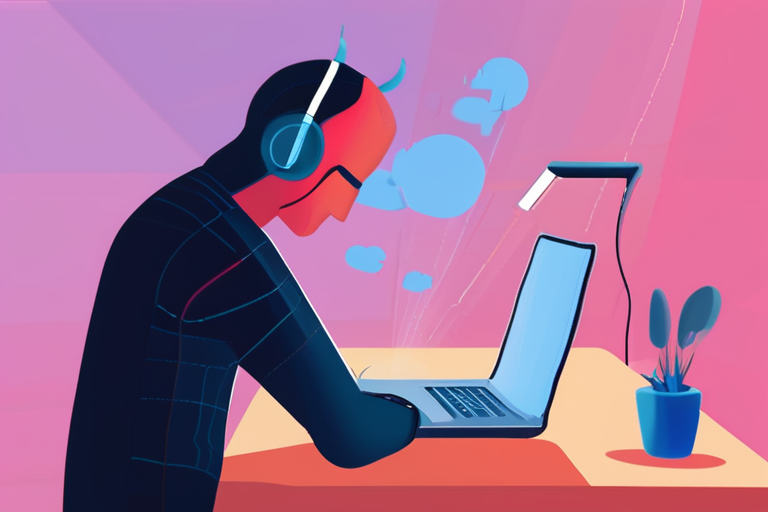
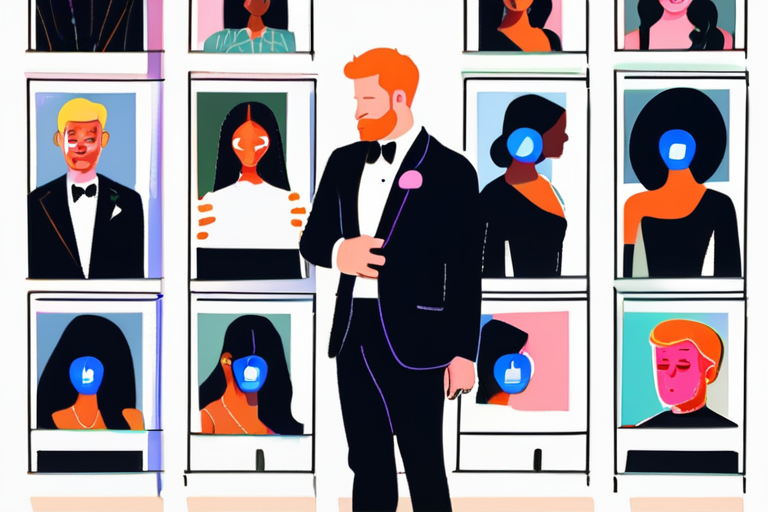


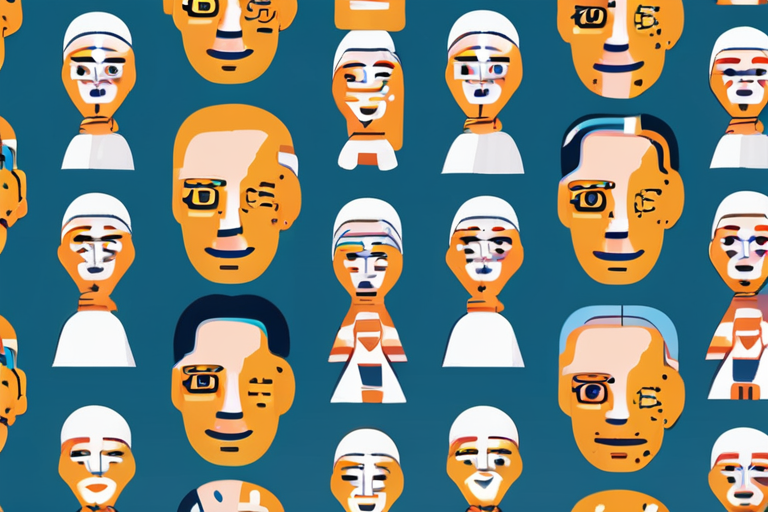

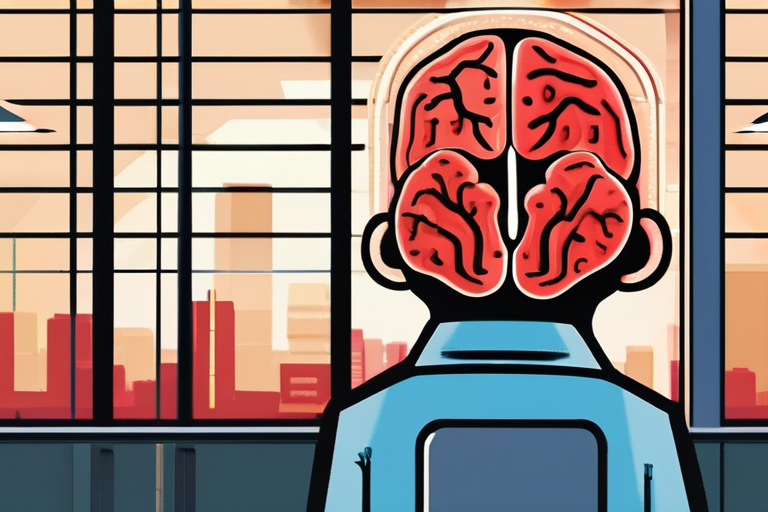
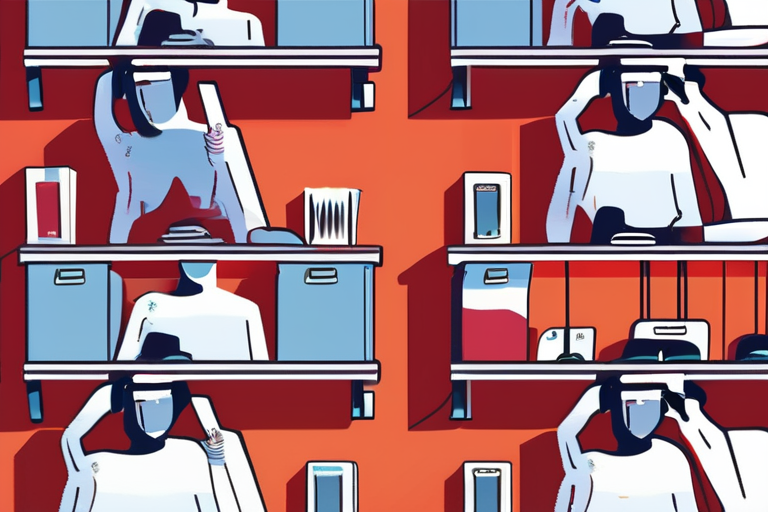

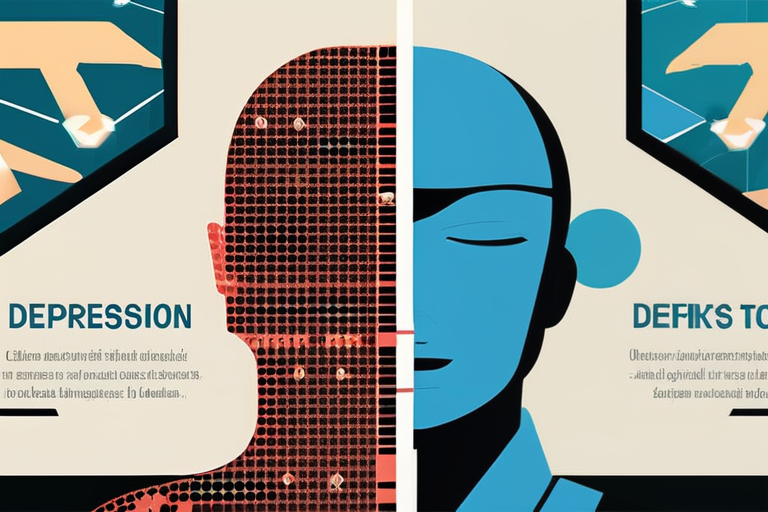
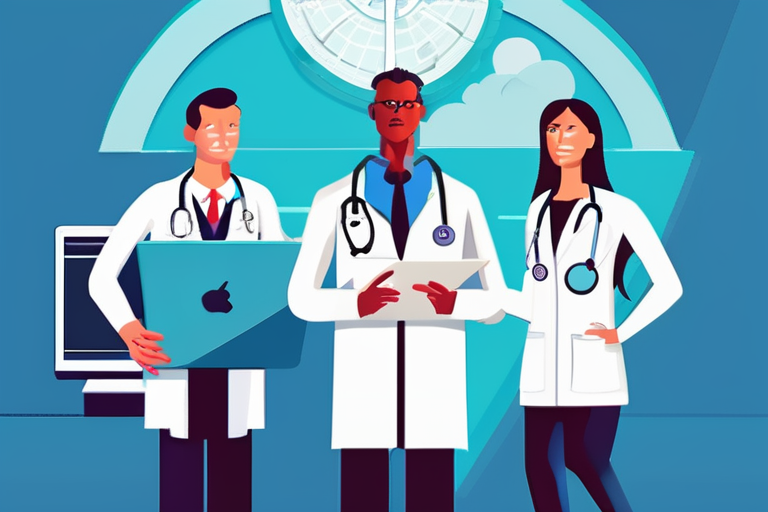
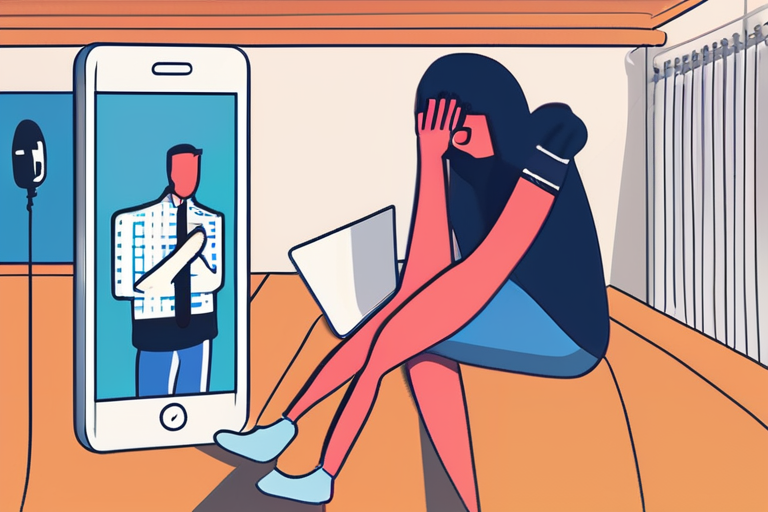

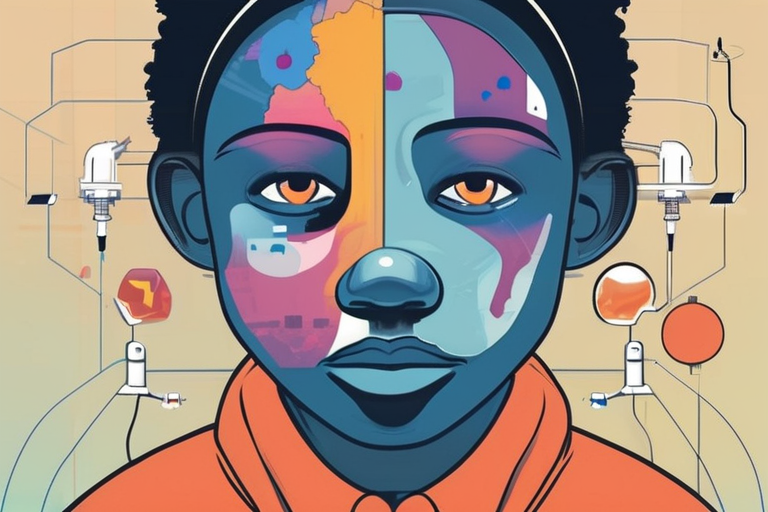
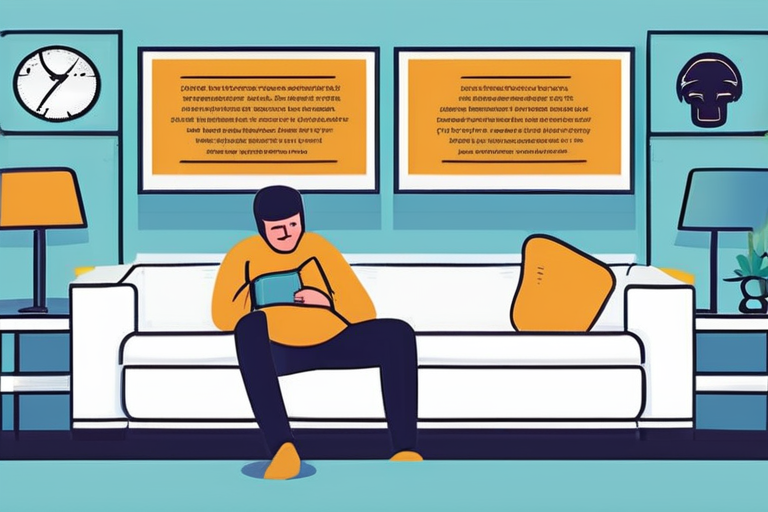
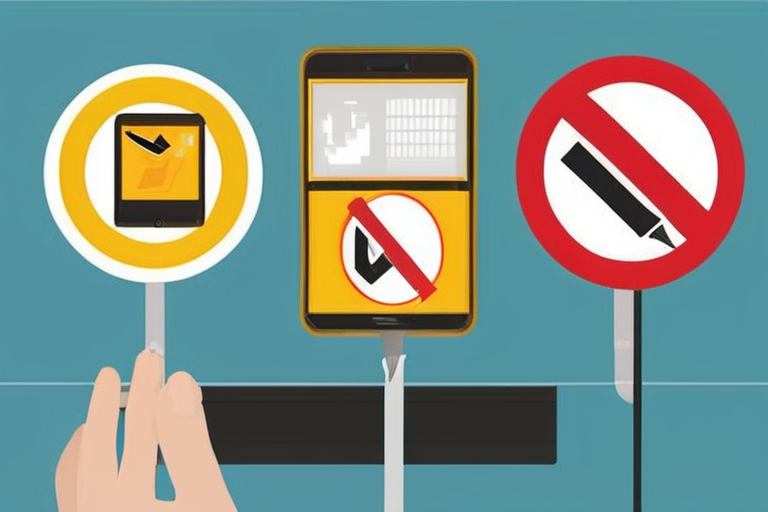
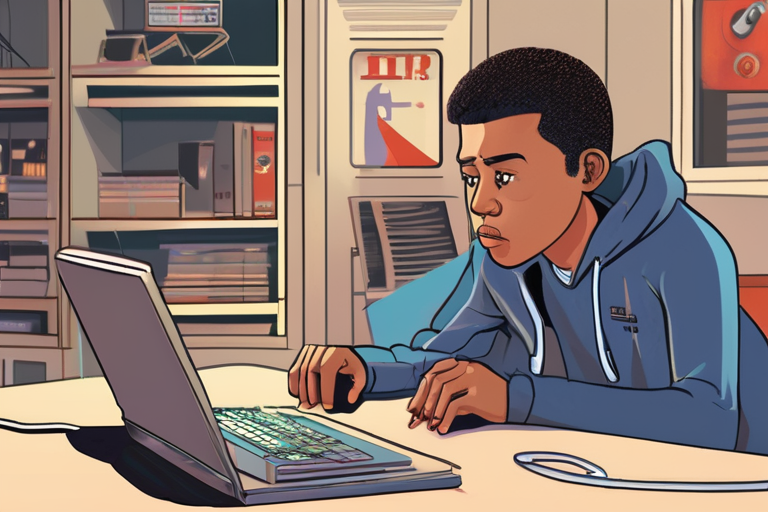
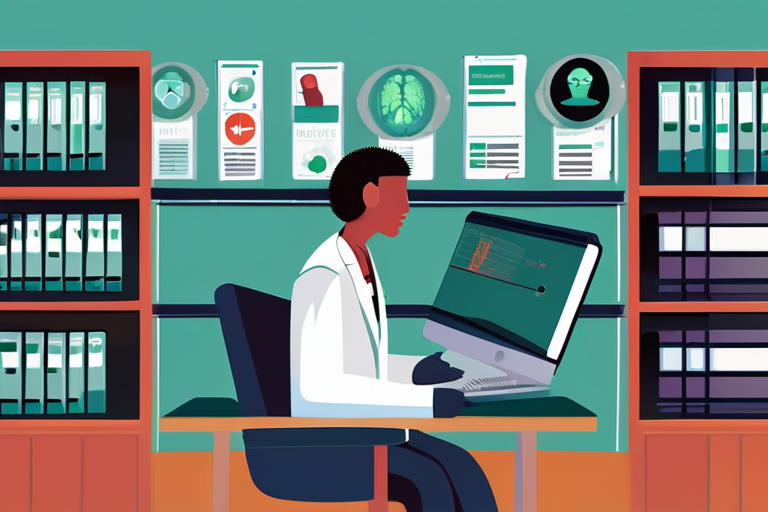
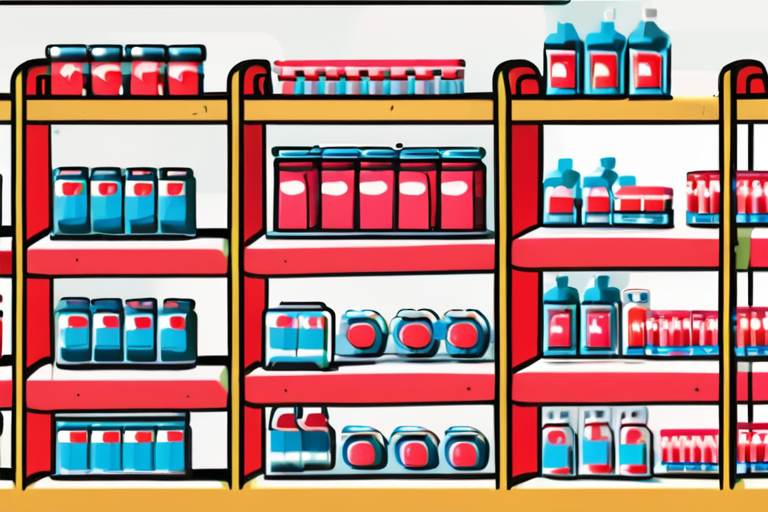
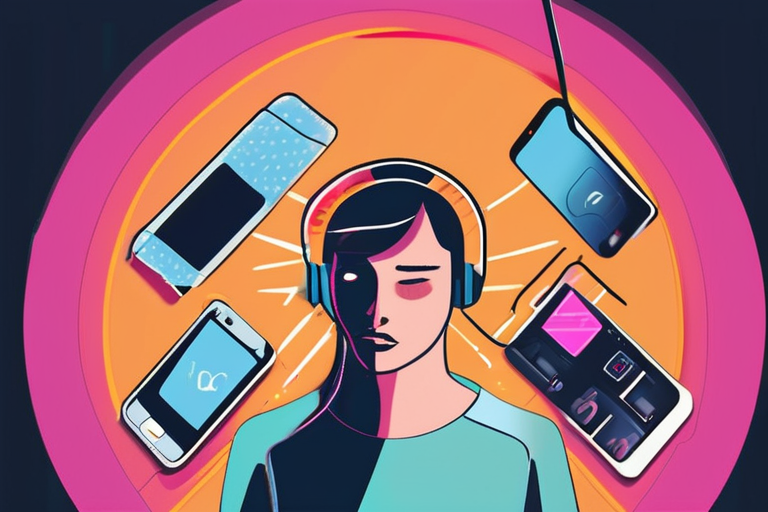
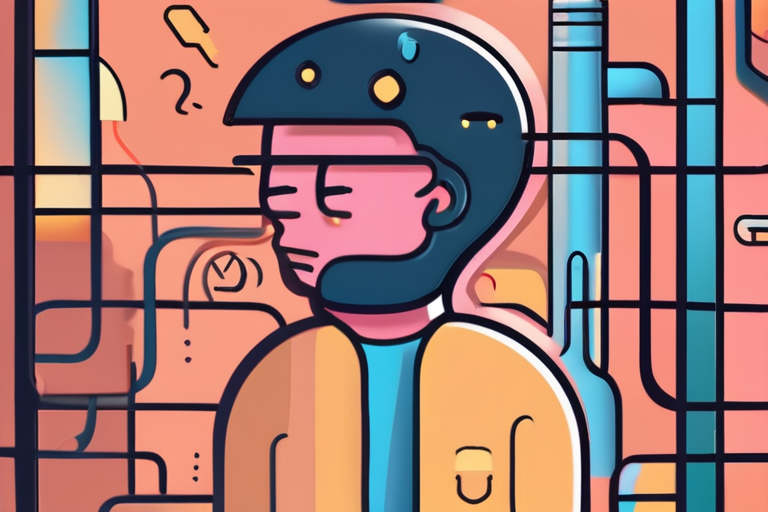


Share & Engage Share
Share this article